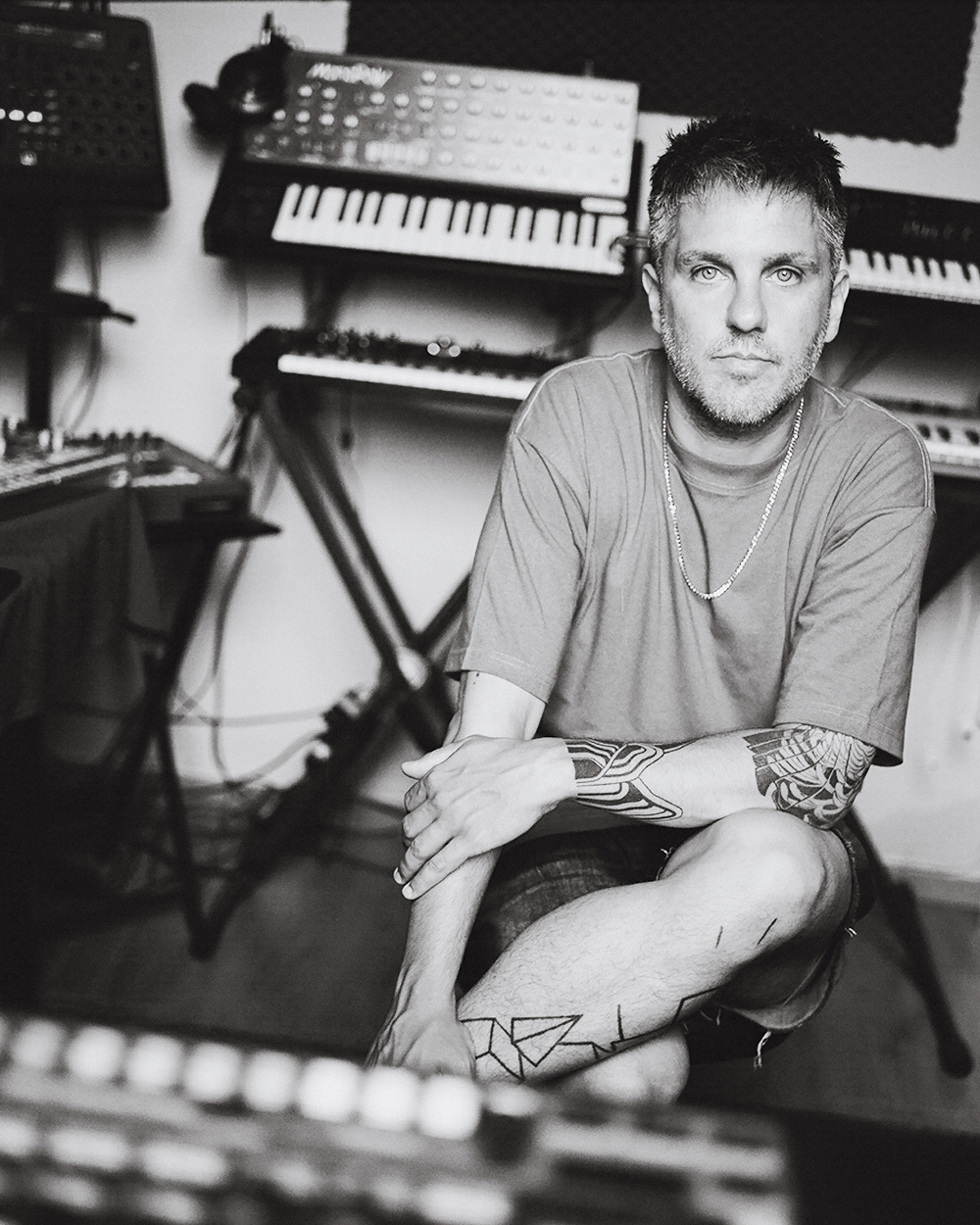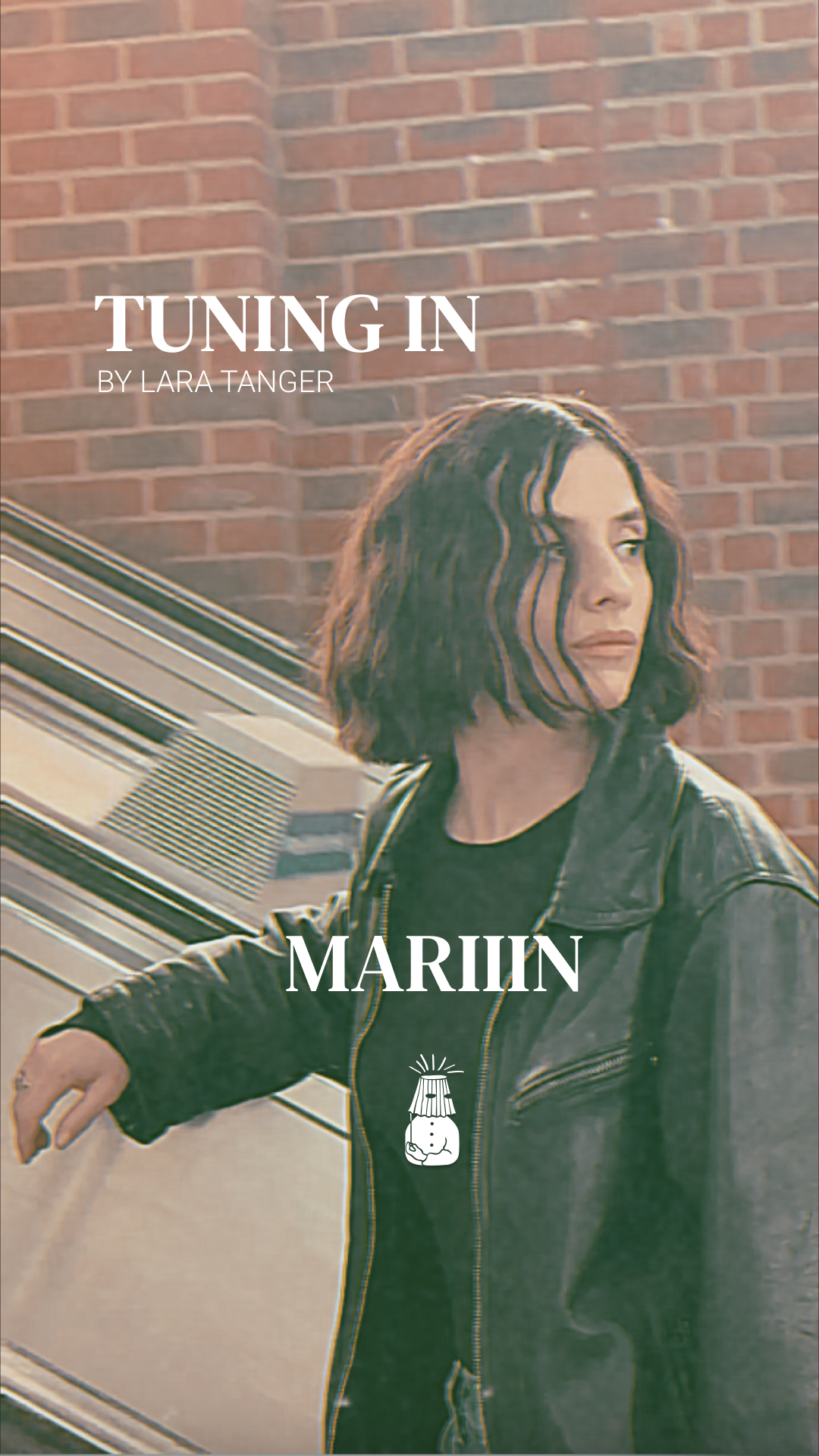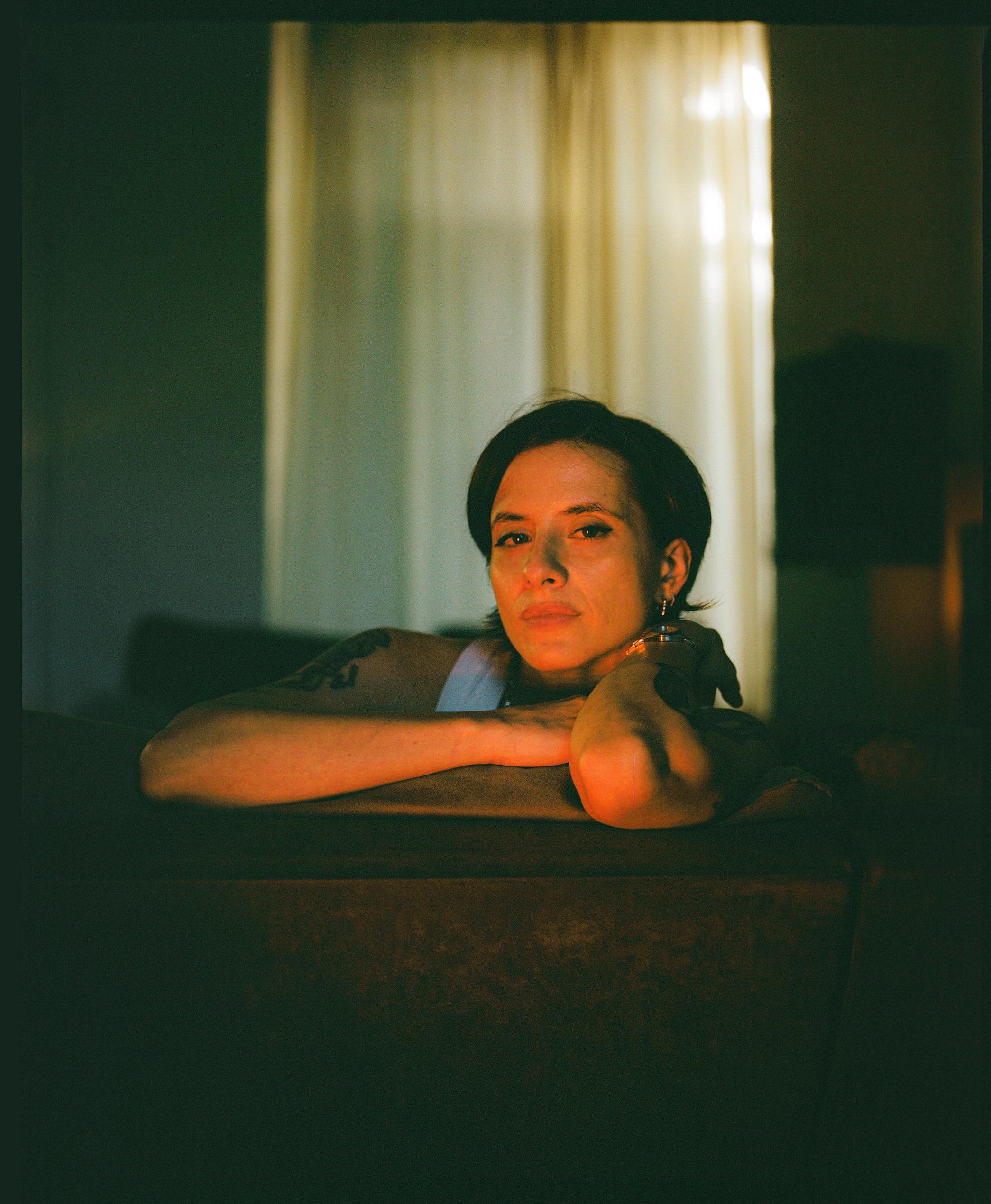Sensing Antenna is back with a renewed focus on the personal journeys behind the music. For this edition, we’re happy to welcome Emilio, born in Uruguay, Montevideo, raised in San José, and currently based in Barcelona. A lifelong music lover, he discovered electronic music at 20 and has since built a steady path as a DJ and selector. A resident at Phonotheque in Montevideo since 2014, Emilio continues to craft sets defined by depth, identity, and intention.
1. What does being a DJ mean to you?
Well, I’m not a DJ yet… For me, it’s a long process that takes many years of passion and dedication. I’m trying to be better, but I know there’s still a long way to go. For me, being a DJ means having total control over the tools you use, a deep knowledge of music, and plenty of dance floor experience. It also requires sensitivity, empathy, and of course, your heart.
2. You started DJing at 28 - which you called "quite old." How do you think starting late shaped your approach or mindset?
Yes, definitely a late start.
My first approach to electronic music was when I was around 20, and I spent the next 8 years dancing and listening to many DJs (both good and bad, hehe). Obviously in the beginning, I didn’t know much about different styles of electronic music but slowly, I began to understand things and make my own judgment.
So, in my experience, I carry that feeling of the dance floor, and I truly believe I owe my DJing to the dancers. Of course, I also have my ‘artist’ side, and I always want to say or show something and share my perspective and feelings through the music.
3. Can you tell us about discovering Discogs in 2011 and what vinyl culture was like in Uruguay back then?
Well, in those years the DJs who played in Uruguay bought music mostly online from big record shops like Juno. That was ok, but it had some limitations; we didn’t know where to listen to or buy old music (80s, 90s, etc.). When DJs began to use Discogs, it was a big change for them, and later for me when I began to play. We had a big connection with US record stores through Discogs, so I guess we were really influenced by the US sound in every style (techno, house, electro, breaks, etc.).
4. What was Milenio Club for you?
I was able to enjoy the last part of that magical place. The most intense and best time of the club was in the late 90s. The first time I went was maybe in 2002. It blew my mind different people of many different ages, styles, sexual orientations, social classes, etc. Everyone there, listening to music and dancing for hours. I come from a tiny town outside the main city of Uruguay, Montevideo, so for me the experience was even more intense. No one disturbed anyone else, total tolerance, peace… you know… just dance and enjoy.

5. How do you relate to social media in the context of DJing today?
I’m aware of the world we are living in today and that social media can be good for some things but very bad for many others. I give social media the place I consider it should have: post events, some clips, repost some friends’ releases or gigs, and that’s it.
I’m a bit “old-fashioned,” maybe, but I truly believe in the real or organic path of things. Right now, every social media platform shows you videos of one minute, and credit cards tell you that life is “now,” ignoring the fact that our parents had to save money to reach their goals (house, car, or whatever) things that are totally the opposite of how the world really works.
You don’t really know anything about a party or a DJ set just by listening or watching a one- or two-minute reel. The real thing happens in the real world!
Speaking about a “DJ career” (which sounds super weird to me to call it that, because I never thought of it as a career; for me it has always been about having fun and a huge passion) it’s just like building a house, you need to start from the foundations. I think there are paths you need to go through. Nothing happens instantly, nothing is only one minute!
These days, with social media, it seems like you can “skip” that path and have “success” faster, and I don’t know if that’s really true. I believe you have to take time to get better, like with anything else in life.
The industry is also pushing artists to do it this way: fast, caring more about the quantity of followers, which translates into money, than quality. On the other hand, social media allows you to reach people all over the world faster than before and more widely.
I really think if you’re good, things will come naturally.
7. Finally, what keeps you grounded after all these years? What still excites you?
Music is my life. I still get nervous every time I play. Every time I make my bag, it takes me a good amount of time to figure out what kind of music and what sound I’m going to play.
The people…the dancers… and the big connection I sometimes have with them (hehe) is a unique feeling.
I always say the same thing: for a good party, you need a good DJ, good sound, and a good crowd to follow you and exchange that incredible energy created at a party.
Follow Emilio:


















